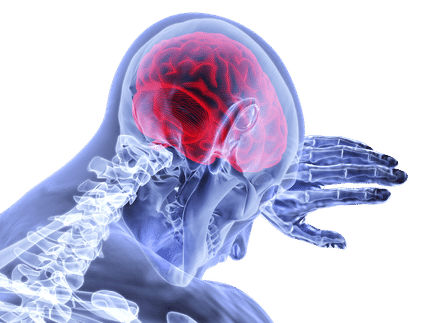Ablynx and Boehringer Ingelheim sign $265 million research and licensing agreement to develop new Alzheimer's treatments
Advertisement
Boehringer Ingelheim and Ablynx have jointly announced an exclusive worldwide collaboration and licence agreement worth almost $265 million to discover and develop new therapies for Alzheimer's disease using Ablynx' Nanobodies®, a novel class of therapeutic proteins. In addition Boehringer Ingelheim will commence a joint research programme including Ablynx scientists. Boehringer Ingelheim will be solely responsible for the development, manufacture and commercialisation of any products resulting from the collaboration. The deal includes an upfront fee, development and commercial milestones. Ablynx will also receive undisclosed royalties based on net sales.
According to the company, Ablynx' Nanobodies® could be particularly important in developing new Alzheimer's disease treatments, as researchers believe they could solve the problems faced by other drugs or conventional treatments. Due to their special characteristics, Nanobodies® may cross the blood-brain barrier more readily than conventional antibodies.
Other news from the department business & finance
Most read news
More news from our other portals
See the theme worlds for related content
Topic world Antibodies
Antibodies are specialized molecules of our immune system that can specifically recognize and neutralize pathogens or foreign substances. Antibody research in biotech and pharma has recognized this natural defense potential and is working intensively to make it therapeutically useful. From monoclonal antibodies used against cancer or autoimmune diseases to antibody-drug conjugates that specifically transport drugs to disease cells - the possibilities are enormous

Topic world Antibodies
Antibodies are specialized molecules of our immune system that can specifically recognize and neutralize pathogens or foreign substances. Antibody research in biotech and pharma has recognized this natural defense potential and is working intensively to make it therapeutically useful. From monoclonal antibodies used against cancer or autoimmune diseases to antibody-drug conjugates that specifically transport drugs to disease cells - the possibilities are enormous




















































